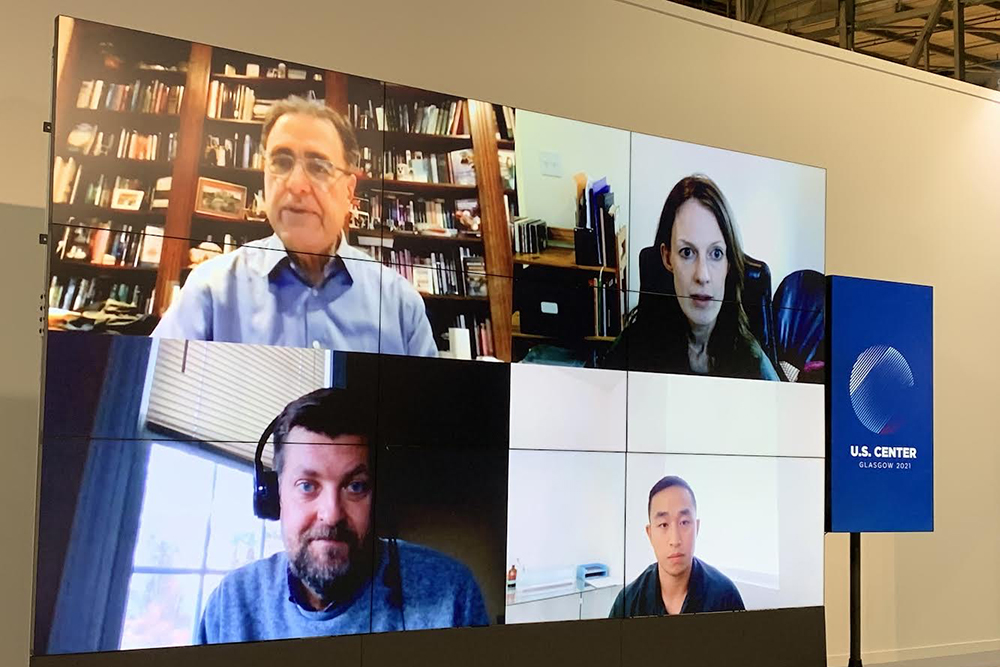Ayyub Featured in ASCE Article on Climate Resilience
UMD civil and environmental engineering professor Bilal Ayyub is among the experts featured in an American Society of Civil Engineers (ASCE) article on resilient infrastructure, published on ASCE’s website in January 2022. Ayyub, who has authored key ASCE resources on the topic, said resiliency can be defined as the ability of an infrastructure system to adapt to and withstand climate or weather-related stressors while either continuing operations or quickly resuming them after an event. In addition to continuity of operations, safety is also a guiding concern in resilient design strategy, he said. Ayyub has been a leading force in ASCE’s efforts to advance engineering practices that can help address the challenges posed by a changing climate, including increased risks of severe weather and flooding. In 2018, Ayyub authored an ASCE Manual of Practice, Climate-Resilient Infrastructure: Adaptive Design and Risk Management, which was recognized by ENR in 2017 and received the 2019 ASCE President Medal. It was followed in 2021 by Hazard-Resilient Infrastructure: Analysis and Design. More recently, he co-authored a task group report from the ASCE Committee on Sustainability, A Call to Action: Climate Change and Our Uncertain Future, an Opportunity for Commitment and Leadership, which is currently awaiting publication. He is director of the Center of Technology and Systems Management, a CEE-based research hub that recently joined in a partnership with NOAA to advance adaptive design and resilience. In November 2021, Ayyub moderated a NOAA session on "Building Better Together: Partnerships to Advance Climate Resilience" at the UN Climate Change Conference (COP26) in Glasgow, in coordination with the US Department of State.
Related Articles: February 8, 2022 Prev Next |


